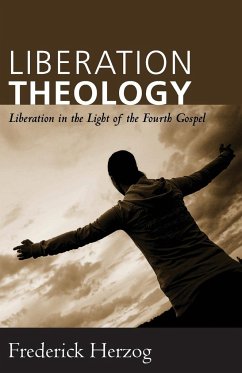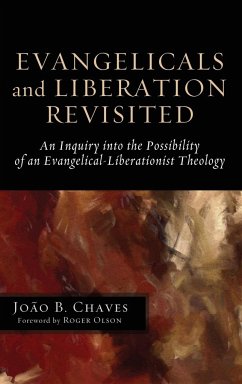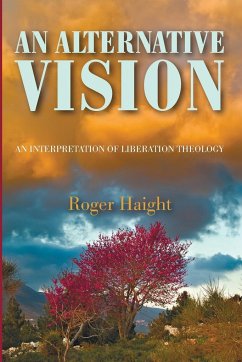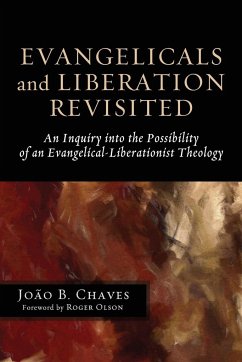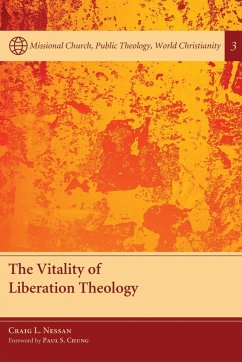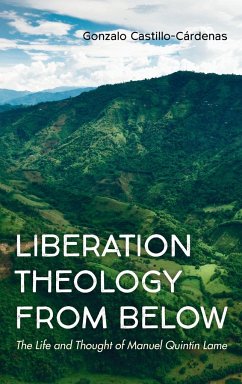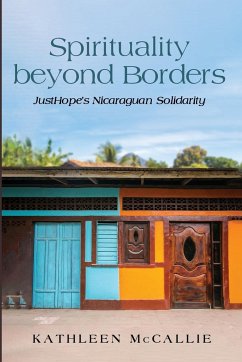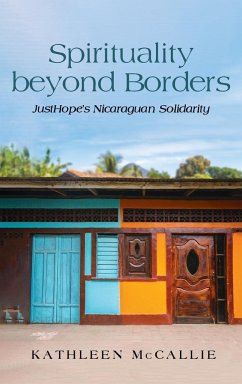Liberation Theology is the first serious acknowledgment by a white theologian of the challenge of Black Theology. It invites American theology to reconsider radically its foundations and to reorder its priorities. At a time when theology is often presented piecemeal, Frederick Herzog undertakes to ground Liberation Theology in the originating events of the Christian faith as a whole - in this instance, in the life, death, and resurrection of Christ as given in the Fourth Gospel. The systematic readings in the Gospel which he makes and from which emerge the principles of Liberation Theology are the heart of this book. Throughout, the author asks: How do we understand Christ as Liberator? The answer to this question, he maintains, determines whether or not we are still able to contemplate the Word as power and action. Written with contemporary directness and free of vague abstractions, the book casts theology into a new form to meet today's needs. The method of this new theology is confrontation, not correlation; its goal is liberation, not reformation; and it strives for a new space of freedom among people captive to the dehumanizing structures of modern theology.
Hinweis: Dieser Artikel kann nur an eine deutsche Lieferadresse ausgeliefert werden.
Hinweis: Dieser Artikel kann nur an eine deutsche Lieferadresse ausgeliefert werden.

